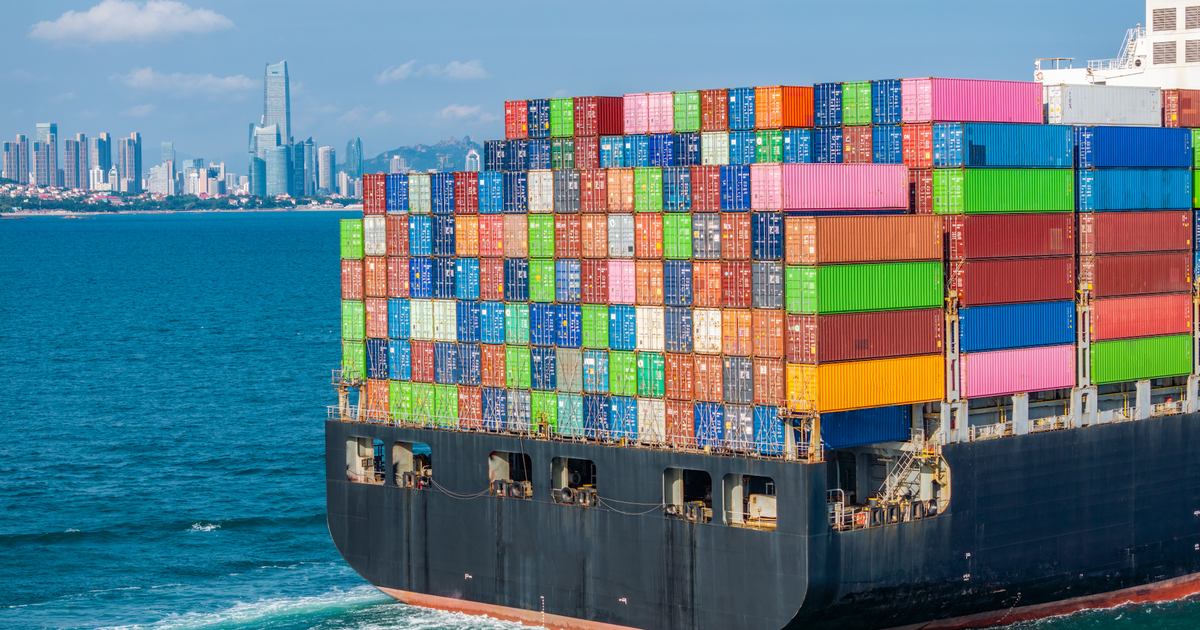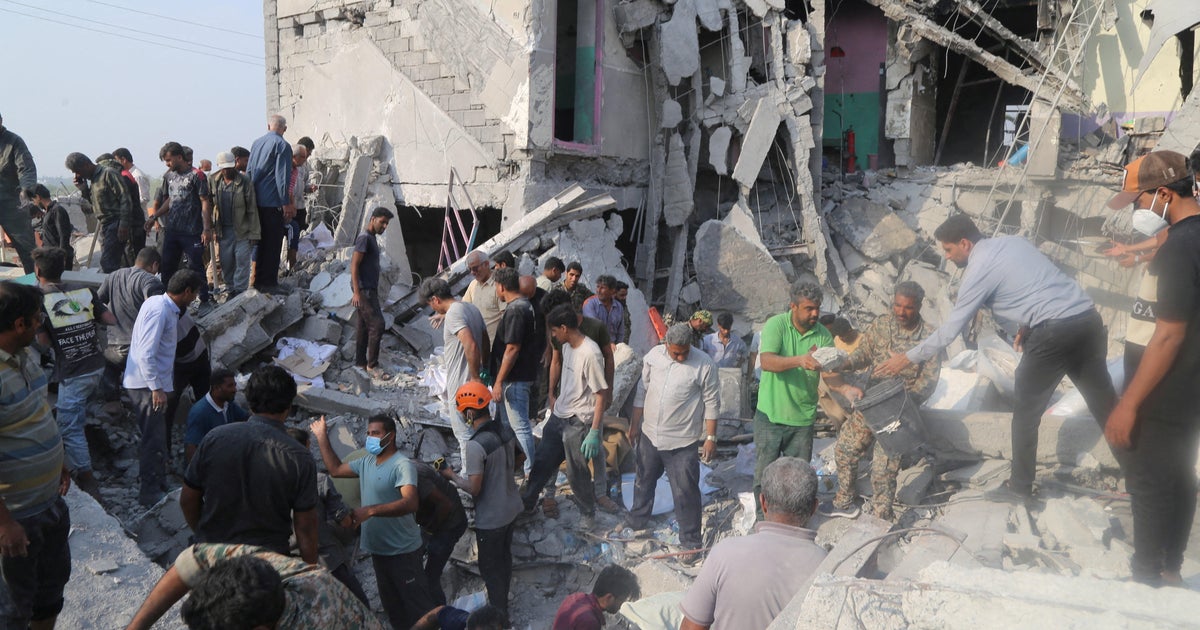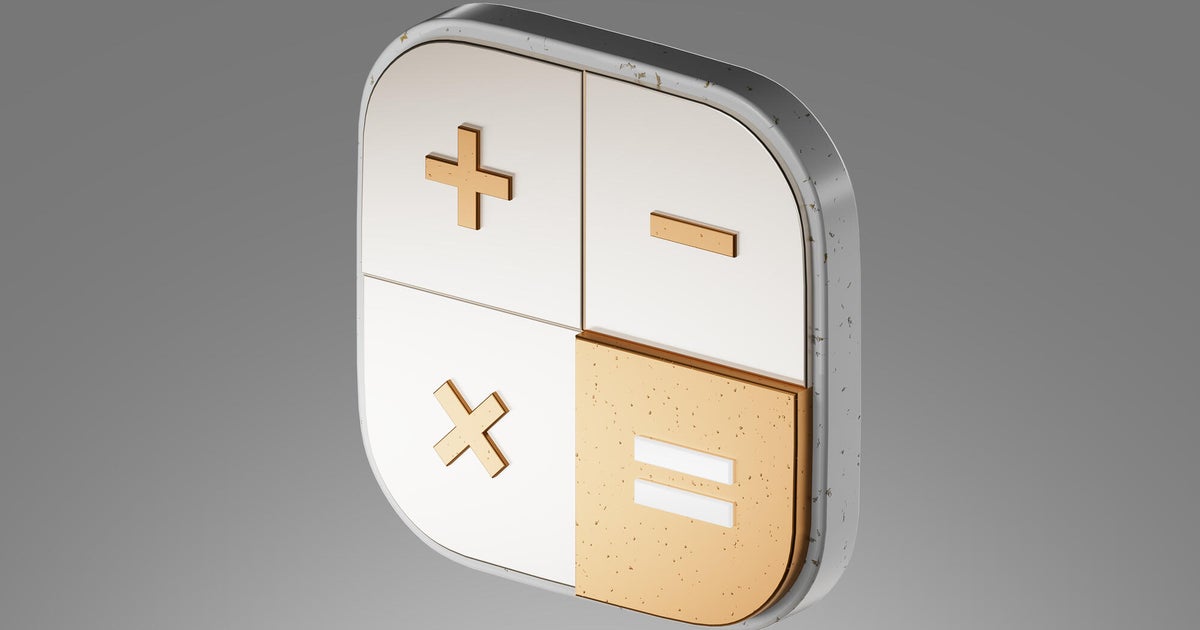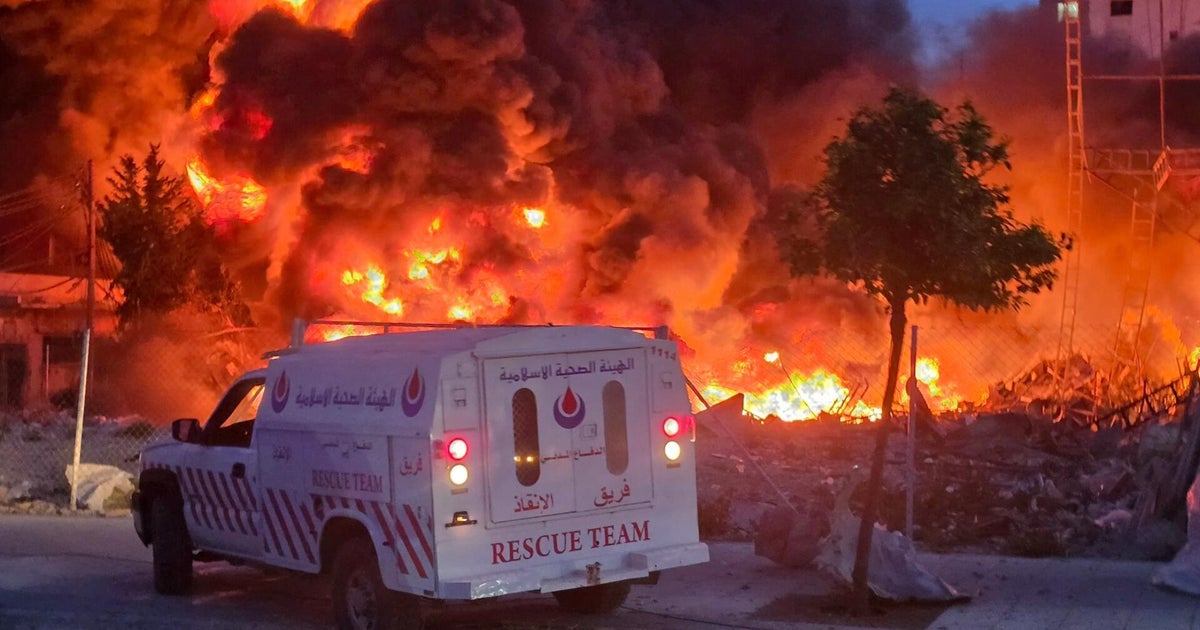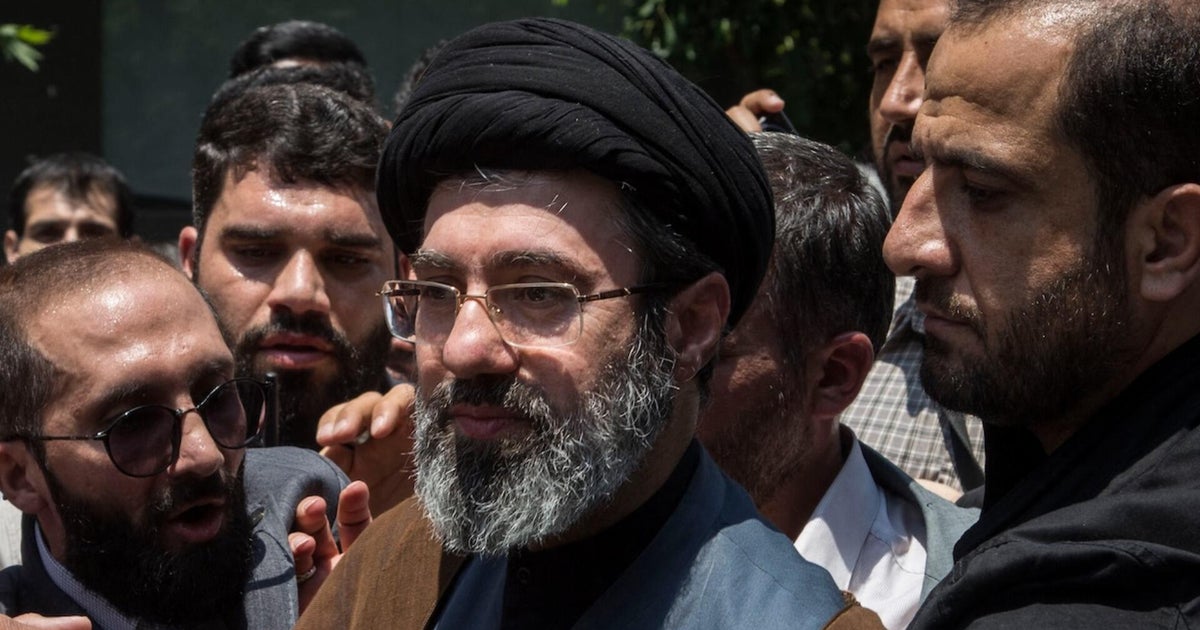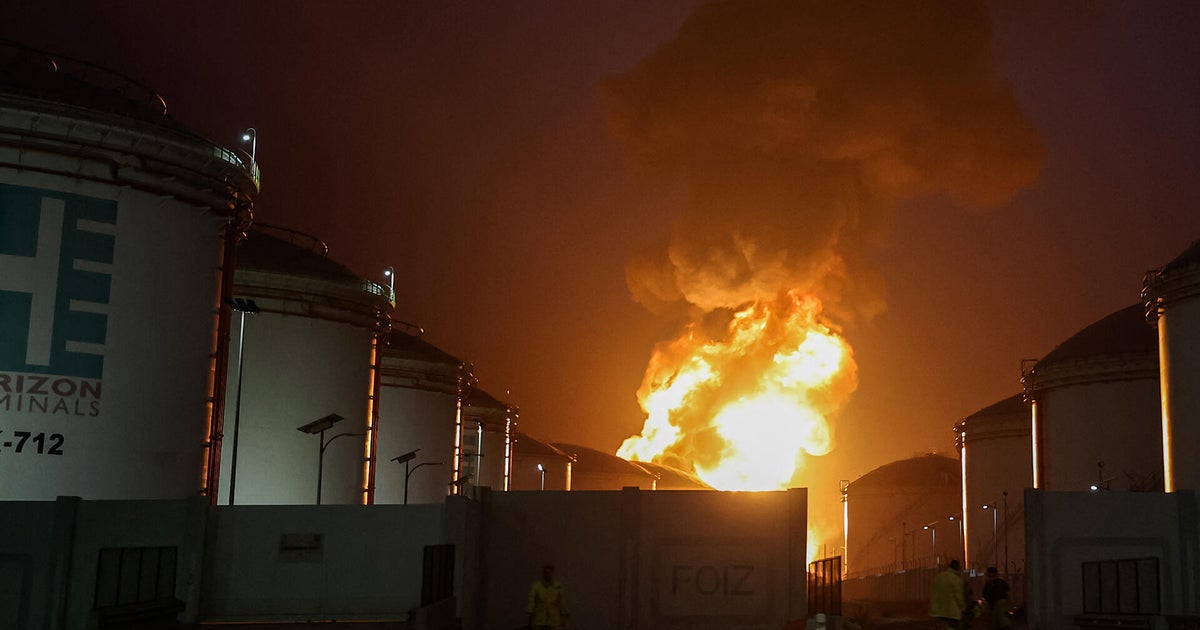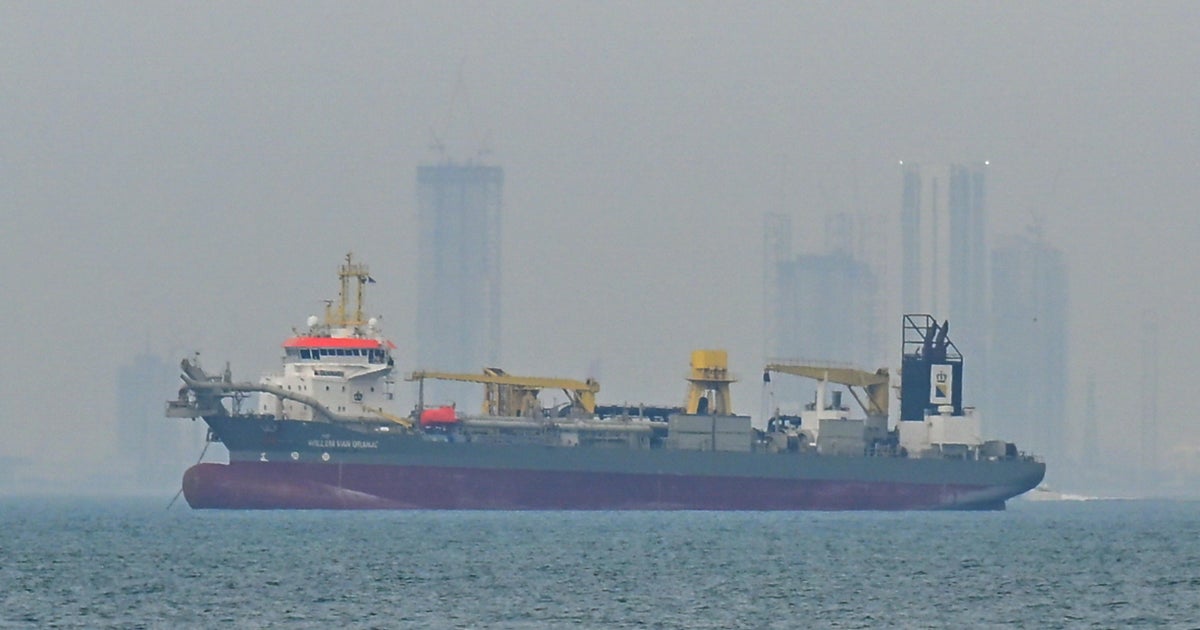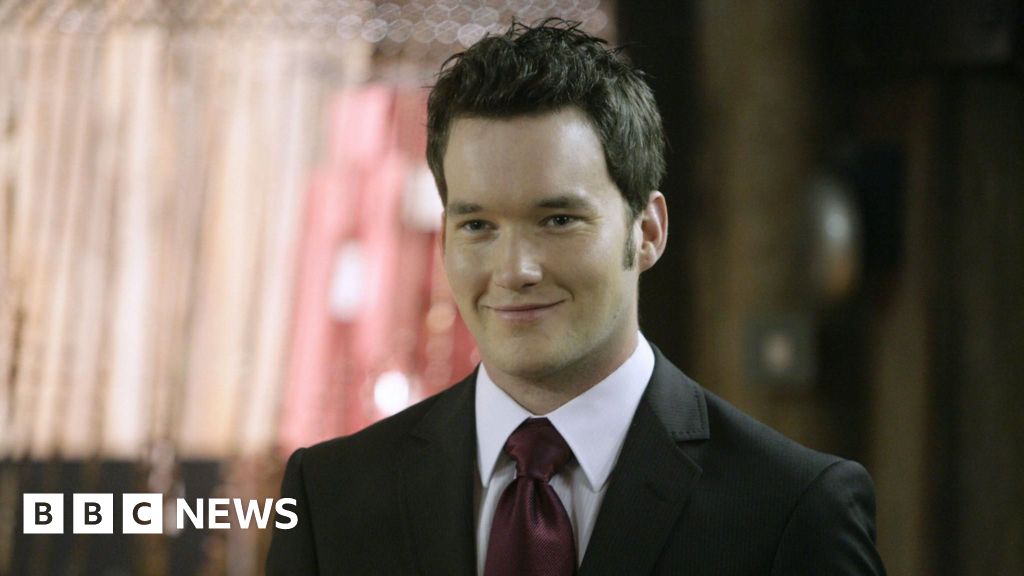Omar Said isn’t just convinced, he is adamant that western Sydney is home to the world’s best manoush.
“We have the best ingredients in the world here, and the innovation to build on what we know. Together, it’s made Sydney the manoush capital of the world,” he says.

DMC Bakery owners Omar Said (left) and Mohamad Semawy (left) with some of their most popular dishes on the menu.Credit: Kate Geraghty
The co-owner of DMC manoush bakery and cafe in Greenacre knows his way around the Lebanese breakfast pizza.
Like many families that arrived from Lebanon in the 1980s and ’90s, the Said clan grew up with manoush, a flatbread recipe traditionally topped with Za’atar, cheese or meat that goes back thousands of years and has become a fixture of the Australian-Lebanese community.
“It’s a part of the culture here. We grew up having manoush for breakfast, it was a staple of our lives,” he says.
But the story of manoush isn’t just one of migrants and their favourite foods. It’s a distinctly Sydney tale.
Manoush was first brought to Australia by postwar migrants. Offering a cheap and quick breakfast, manoush bakeries proliferated as Lebanese migration picked up, particularly during the brutal civil war between the ’70s and the ’90s.
But, while an easy eat, manoush is a challenging recipe to master, and manoush bakeries were almost exclusively run by and for migrants.
As a result, they remained concentrated in western Sydney, where most Lebanese migrants have historically settled. Over time, the bakeries that have lasted in the city’s cut-throat cafe industry have developed a product they believe is world-class.
DMC heralds a new generation of bakeries offering the breakfast pizza, and a new era for ambitious bakeries that see manoush as a future Australian culinary icon.
Loading
Said sees DMC as an evolution of the traditional manoush bakery, combining elements of Sydney’s cafe culture, such as coffee and sandwiches, with traditional Lebanese breakfast items including Ka’ak (a Lebanese bagel) and slow-cooked Traboulsia (an open-top meat pie).
“My grandmother comes in for spot checks to ensure our standards never dip, and it’s that culture of excellence and competition that has fuelled the industry into becoming the best in the world,” Said says.
Other bakeries have preferred to keep things simple, and focus on the manoush.
Samer Zok has been running El Afraah Bakery in Greenacre for eight years, and it has a cult-like following among locals.
Like Said, Zok is convinced the manoush produced in western Sydney is world-leading. He attributes that success to a balance of traditional recipes and innovative processes.
“We don’t do new things,” he says. “A manoush spot needs to remind you of home, and you can’t do too much. It comes down to process and ingredients, that’s what elevates this.”

El Afraah Bakery in Greenacre specialises in manoush, a Middle Eastern flatbread often called “Lebanese pizza”. Credit: James Brickwood
El Afraah feels like it is from a different era. It’s a bakery sliced into a suburban backstreet, surrounded by homes and free parking.
“We create our own cheese mixes,” Zok says. “We have developed a dough that adapts to Sydney weather; we’ve created our own meat mix; we even use a custom mix of Za’atar’s.
“Under the hood, we’ve been thinking and changing how we do things.”
El Afraah is looking to expand, and hopes to reach new communities in the coming years to meet a growing demand for manoush. But Zok dismisses concerns that manoush could be gentrified, or sold by anyone who isn’t Lebanese.
“You need to know what you’re doing, and that is only us. There is no way we will ever lose manoush.”
Bankstown’s Mt Lewis Pizzeria has been slinging manoush for more than 20 years, making it one of the oldest bakeries in Sydney. Pierre Saba has been working there for 19 of those years.
Saba is now “family” at the bakery, managing its business affairs as it expands; it recently opened a franchise at South Hurstville.
He smiles as he explains that manoush has become a part of Sydney’s famed morning culture, alongside lattes, run clubs and breakfast rolls.

Mount Lewis Pizzeria manager Pierre Saba prepares a saj zatar, one of the most popular manoush they sell.Credit: KATE GERAGHTY
While the shop was once so empty that he could take naps on the couch in the office, now there is both a breakfast and lunch rush, with customers hailing from all walks of life.
“It makes me proud, to see so many people from so many different backgrounds coming in and trying our food,” he says.
“Some people drive seven hours to have our manoush. They come from all over the city. We have one repeat customer from Coffs Harbour. They love it.”
He says the success of his and other manoush shops didn’t just come down to time and quality, but a cultural change both in and around his community.
“There was a time when this community was closed off, out of fear of many things, like losing their culture. But we know we won’t lose our identity now, and it has allowed us to open up to people.”
The Herald has opened a bureau in the heart of Parramatta. Email [email protected] with news tips.
Most Viewed in Politics
Loading

